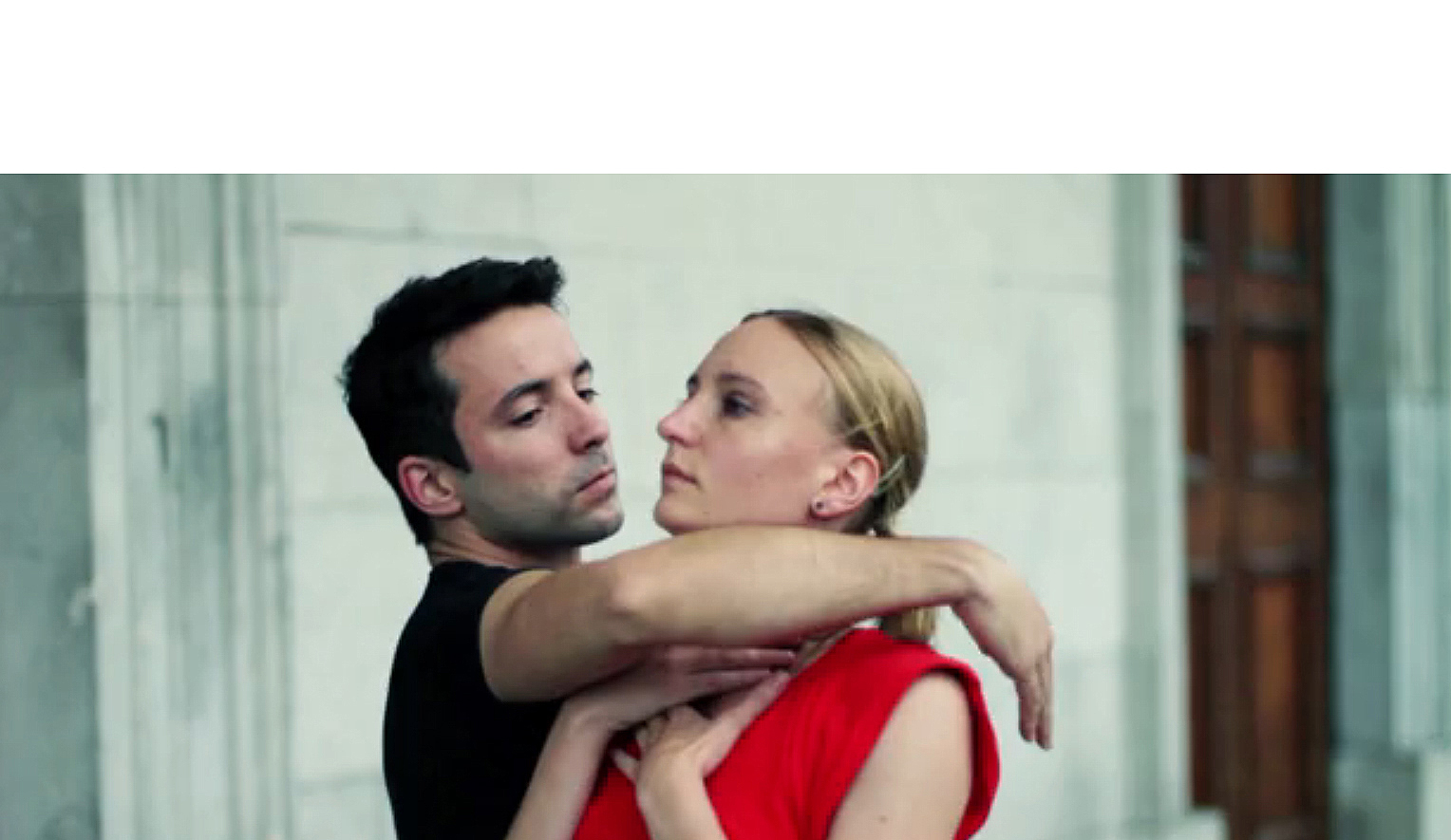Wesley van Oeffelen, selected as finalists in the “Dance your PhD” contest.

Many Congratulations to Wesley van Oeffelen, PhD research student in Professor John Cryan’s lab Department of Anatomy & Neuroscience & Alimentary Pharmabiotic Centre, for being selected as one of 12 international finalists in the 2013 Science “Dance your PhD” contest.
Wesley's video (open link below dance number 2) is very worthwhile watching! Enjoy And PLEASE give him your vote.
http://news.sciencemag.org/biology/2013/11/dance-your-ph.d.-finalists-announced
Wesley won 1st prize in the UCC Doctoral Showcase in the Creative Mind category earlier this year and recently represented APC at the national Thesis in 3 competition.
Dance Your Ph.D. Finalists Announced!
Explaining science isn’t easy. Sometimes it helps to show a colorful graph of data. Sometimes a microscope image does the trick. And sometimes there’s just nothing better than a woman in a giant plastic ball being chased by nearly naked men on a lake. This is the 6th year of the contest, which challenges scientists to explain their doctoral research through the medium of interpretive dance. The finalists were selected from 31 dance submissions by the winners from previous years of the contest. The production value has increased considerably from the live Ph.D. dance event that launched the contest in 2007. The goal is to do away with jargon -- indeed, to do away with spoken words altogether -- and use human bodies to convey the essence of scientific research.
The final judging is under way by a panel of scientists and artists. But we want to know what you think. Vote for your favorite among the Ph.D. dances below. The winners will be announced 21 November.
In the Biology category, Wesley van Oeffelen dances the PhD thesis,
“Identifying Novel Molecular Mechanisms Underlying Neural Control of Food Intake and its Interaction with Chronic Stress.”
In this video we illustrate the topic of my thesis, which is about the interaction between Mood & Addiction. Addiction has an enormous burden. In Europe alone, an approximate 1.1 million individuals sought treatment for their addiction in 2010. Your mood and vulnerability to become addicted are tightly intertwined. But what in the brain is responsible for this interaction? We have selected a target – the hormone ghrelin – to investigate whether it is responsible for the interaction between mood and addiction. We selected ghrelin because it is increased in response to stress and that it also increases reward seeking. In our laboratory, we investigate whether dialing down ghrelin signaling in the brain will protect the brain against the effect of chronic stress in animals that display stress induced reward seeking. Understanding ghrelin’s function will build towards understanding why people get addicted, which could enable novel treatment opportunities.
Cork NeuroScience CNS Centre - Integrating Clinical and Basic Research
Contact us
Cork NeuroScien floor,
